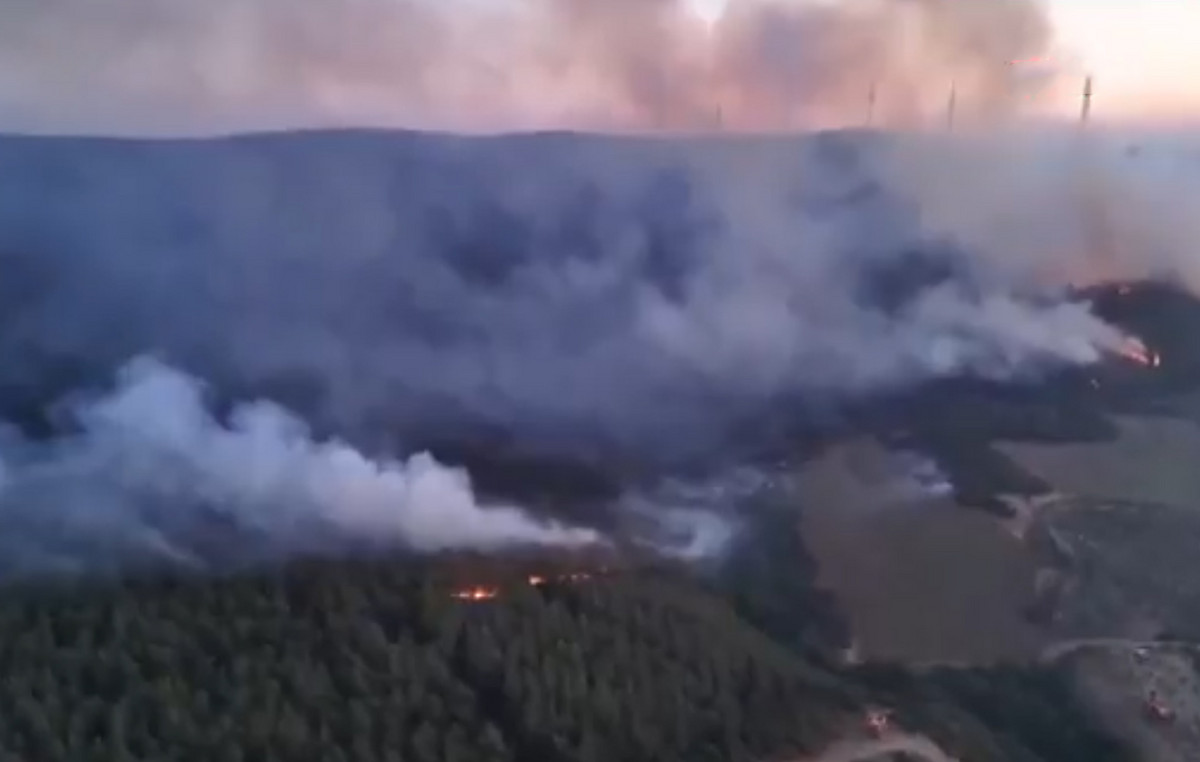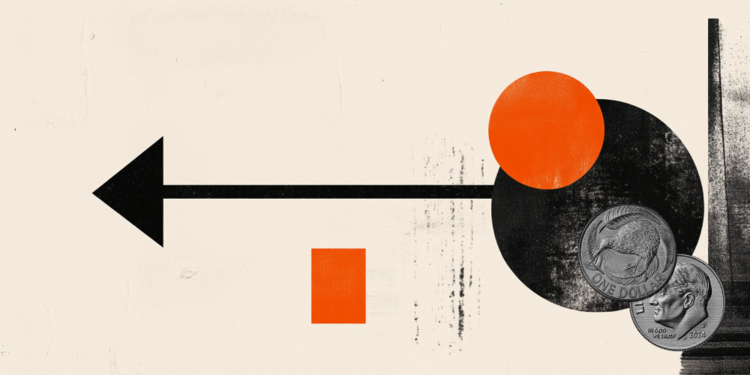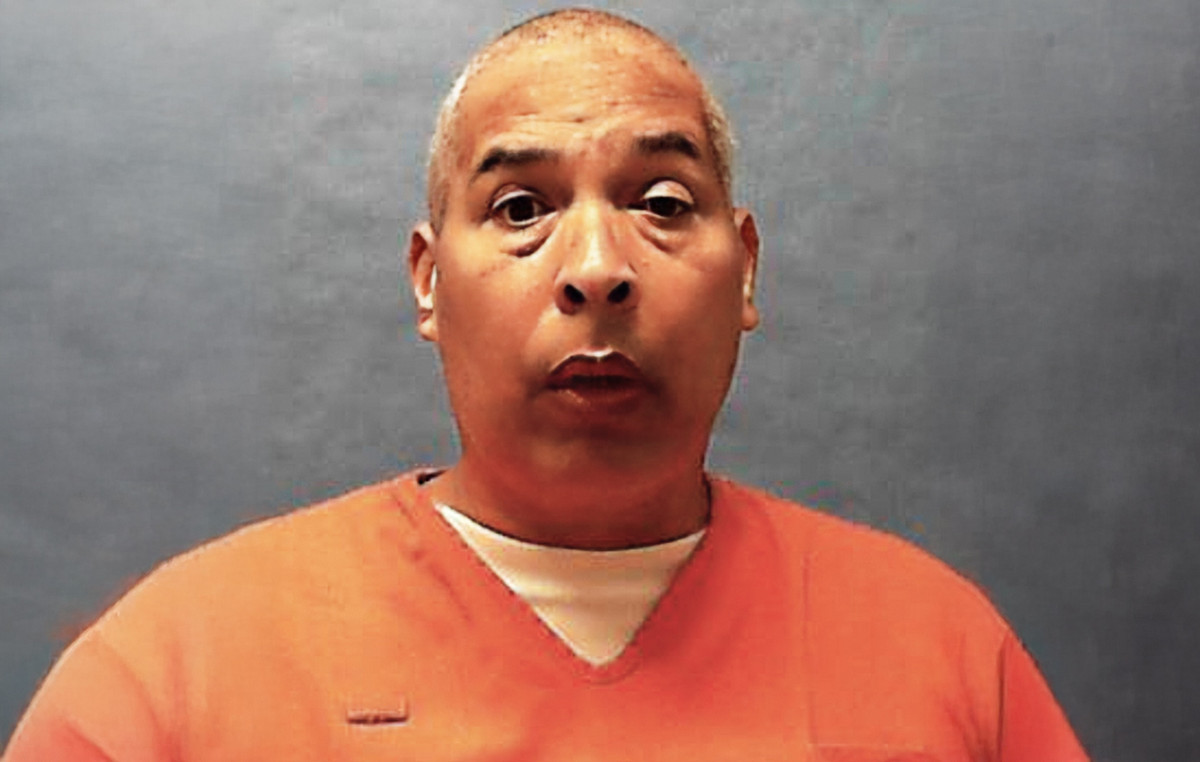Israel’s power plants and gas refineries could be attacked by Iran, the deputy commander of Iran’s Islamic Revolutionary Guard Corps (IRGC) said, according to local media.
“Iran is a large and vast country and has many economic centers, while Israel has three power plants and several refineries. We can target all of them at once,” said Brigadier General Ali Fadavi.
Fadavi warned that Iran will target all energy sites if Israel makes “a mistake.”
Missile attack on Israel
Iran fired a barrage of ballistic missiles at Israeli cities on Tuesday (1st), in response to the assassination of Hezbollah leader Hassan Nasrallah in Beirut last week. The attacks caused minimal damage.
In the Lebanese capital, Iranian Foreign Minister Abbas Araghchi warned there would be a “harsh response” if Israel retaliated, saying his country had so far only attacked Israeli security and military sites.
Araghchi spoke to reporters in the Lebanese capital, Beirut, after meeting Lebanese Parliament Speaker Nabih Berri — a Hezbollah ally and a key figure in negotiations for a ceasefire with Israel.
The chancellor’s comments reinforce an earlier statement by the country’s supreme leader, Ayatollah Ali Khamenei, who earlier noted that Tuesday’s Iranian attack on Israel was the “least punishment” and that Iran will attack Israel again “if necessary.” .
Understand the escalation in conflicts in the Middle East
Iran’s missile attack on Israel on the 1st marked a new stage in the regional conflict in the Middle East. On one side of the war is Israel, with support from the United States. On the other, the Axis of Resistance, which receives financial and military support from Iran and which has a series of paramilitary groups.
There are seven conflict fronts currently open: the Islamic Republic of Iran; Hamas, in the Gaza Strip; Hezbollah, in Lebanon; the Syrian government and the militias operating in the country; the Houthis, in Yemen; Shia groups in Iraq; and different militant organizations in the West Bank.
Israel has soldiers on three of these fronts: Lebanon, the West Bank and the Gaza Strip. In the other four, it carries out aerial bombings.
The Israeli Army began a “limited ground operation” in Lebanon on September 30, days after Israel killed Hezbollah leader Hassan Nasrallah in a bombing of the group’s headquarters in the Beirut suburb.
The Israel Defense Forces say they have killed virtually the entire Hezbollah chain of command in similar bombings carried out in recent weeks.
On September 23, Lebanon had its deadliest day since the 2006 war, with more than 500 fatalities.
At least two Brazilian teenagers died in the attacks. Itamaraty condemned the situation and called for an end to hostilities.
With the increase in hostilities, the Brazilian government announced an operation to repatriate Brazilians in Lebanon. In the West Bank, the Israeli military is trying to dismantle groups opposed to Israel’s occupation of Palestinian territory.
In the Gaza Strip, Israel seeks to eradicate Hamas, responsible for the October 7 attack that left more than 1,200 people dead, according to information from the Israeli government. The Israeli operation killed more than 40,000 Palestinians, according to the enclave’s Ministry of Health, controlled by Hamas.
Hamas leader Yahya Sinwar remains hidden in tunnels in the Gaza Strip, where dozens of Israelis kidnapped by Hamas are also believed to be in captivity.
This content was originally published in Iranian deputy commander threatens to attack Israel’s energy infrastructure on the CNN Brasil website.
Source: CNN Brasil
Bruce Belcher is a seasoned author with over 5 years of experience in world news. He writes for online news websites and provides in-depth analysis on the world stock market. Bruce is known for his insightful perspectives and commitment to keeping the public informed.







